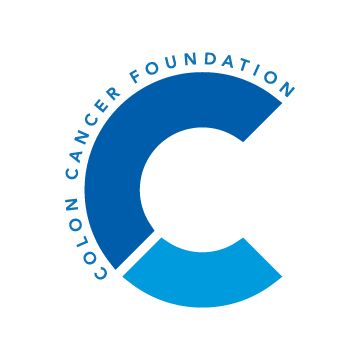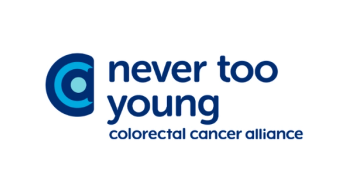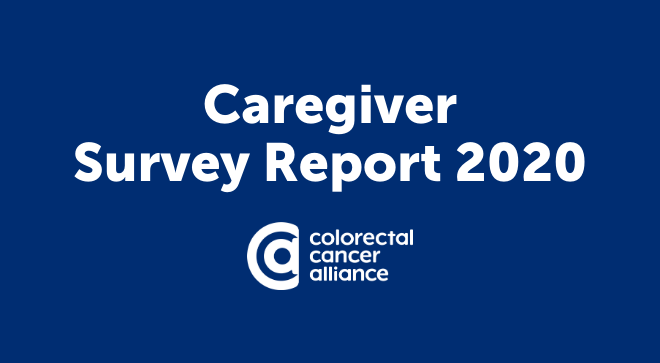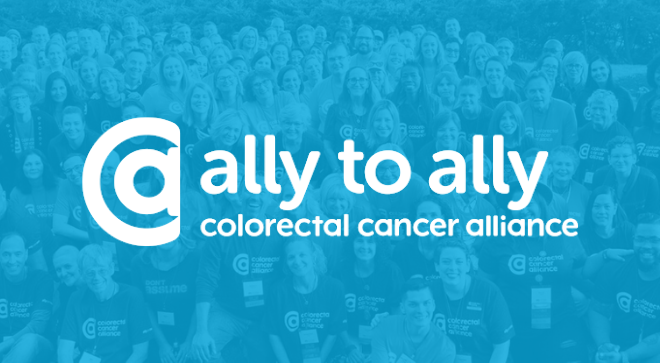
Colorectal Cancer
Latest News

Latest Videos
More News

The terminology surrounding the cancer journey is often associated with a “battle” and can misconstrue the experience of treatment.

Dr. Mark Lewis discusses the rise of early-onset colorectal cancer, as awareness for the disease has spiked in the wake of Chadwick Boseman’s passing, being linked to the overuse of antibiotics.

From new research finding an association with longer survival in patients with colorectal cancer and the amount of coffee they drink in a day to the historic wildfires in northern California damaging, and possibly destroying, a summer camp for pediatric patients with cancer and more, here’s what’s happening in the cancer landscape this week.

Colon cancer and rectal cancer are diseases that younger generations need to take seriously.

Young-onset colorectal cancer is sometimes hard for patients to talk about due to stigma, but one oncologist discusses how patients can be better self-advocates.

The death of actor Chadwick Boseman from colorectal cancer has brought to light that many people with cancer fight their battles quietly, and how even oncologists need to be considerate of a patient’s struggles despite how they appear.

The recent death of Chadwick Boseman highlights the need for earlier screening in colorectal cancer, especially for young people.

“With education and awareness to defeat the stigma, resources for those diagnosed, and innovative research toward cures, we can end colorectal cancer in our lifetime,” Michael Sapienza, CEO of Colorectal Cancer Alliance, said in a statement.

From researchers identifying honeybee venom’s potential to kill cancer cells in a lab to a new study showing cancer risk was not significantly associated with use of permanent hair dye in women, here’s what’s happening in the cancer landscape this week.

After her colonoscopy, Denise talks about what her doctor said that changed her life.

Chadwick Boseman, known best for his role in “Black Panther,” has died after receiving a colon cancer diagnosis four years ago.

From cancer to COVID-19, our patient stories can help others take sickness and disease seriously.

Keytruda bested chemotherapy, delaying disease progression or death by 40%, in a clinical trial that led to the drug’s approval for use as a single initial treatment for patients with colorectal cancer.

Andrea Dwyer spoke with CURE® about the symposium and why it is important to raise global awareness around the increasing rate of early-age onset colorectal cancer.

Multitasking isn't an exact science and its ok, often better, to take things one at a time on the cancer journey.

Today, during Young Survivors Week, national leading non-profit Colorectal Cancer Alliance released findings from its latest survey of young-onset colorectal cancer patients and survivors.

Childhood cancer survivors are developing colorectal polyps unrelated to family histories, according to new data.

While follow-up data on the BEACON CRC study demonstrated superior overall survival for certain patients with metastatic colorectal cancer receiving Braftovi, Mektovi and Erbitux, an exploratory analysis is needed to understand if this treatment can impact a wider subset of patients.

“These long-awaited trial results will change clinical practice,” lead study author Dr. Thierry André, of the Sorbonne Université and Hôpital Saint Antoine in Paris, said in an ASCO-issued press release.

As the risk of colorectal cancer grows among those under 50, younger adults should know more about signs and screening.

People experiencing gastrointestinal symptoms or delays in colorectal cancer care should address these questions with their care team.

The Braftovi-Erbitux combination will become the preferred second-line treatment option in treatment of adults with metastatic colorectal cancer (CRC) with a BRAF V600E mutation, according to one expert.

Despite the impact that COVID-19 is having on cancer treatment schedules, one expert stresses the importance of staying the course not just for an individual’s benefit, but for the health of others.

From a woman with stage 4 colon cancer deciding to stream her wedding on Zoom to a patient with breast cancer sewing masks for at-risk groups across the United States, here’s the cancer news and updates happening amid the COVID-19 pandemic.

The Food and Drug Administration approved the combination use of Braftovi plus Erbitux for the treatment of adult patients with metastatic colorectal cancer with a BRAF V600E mutation.






